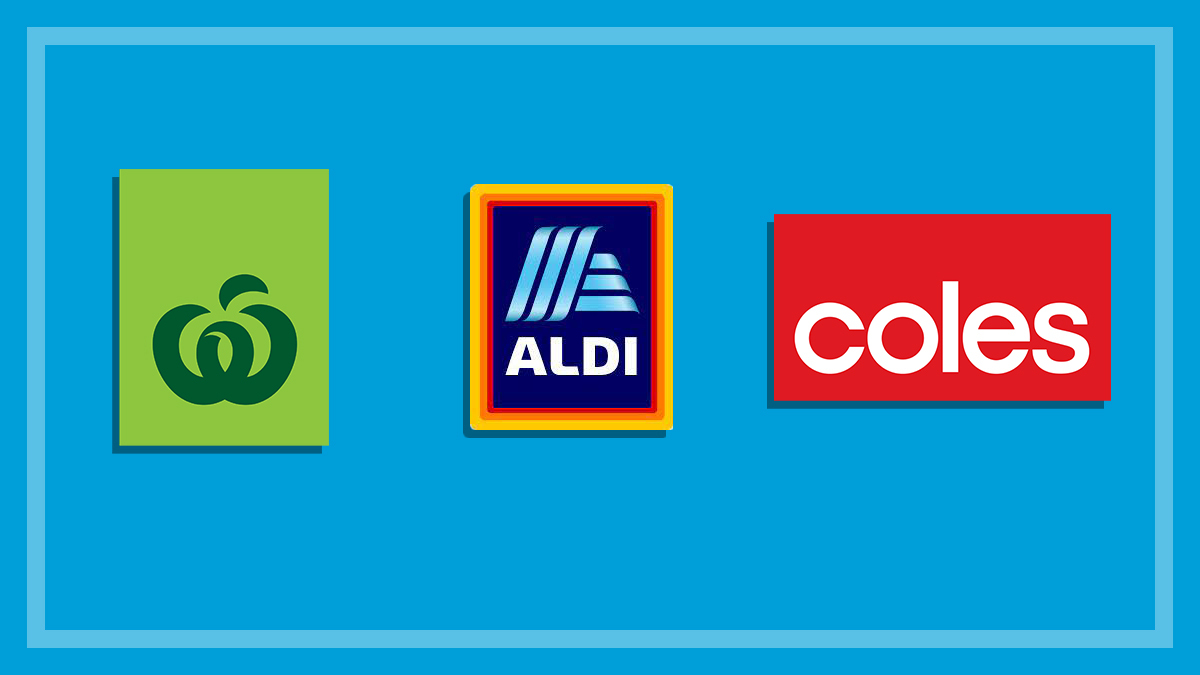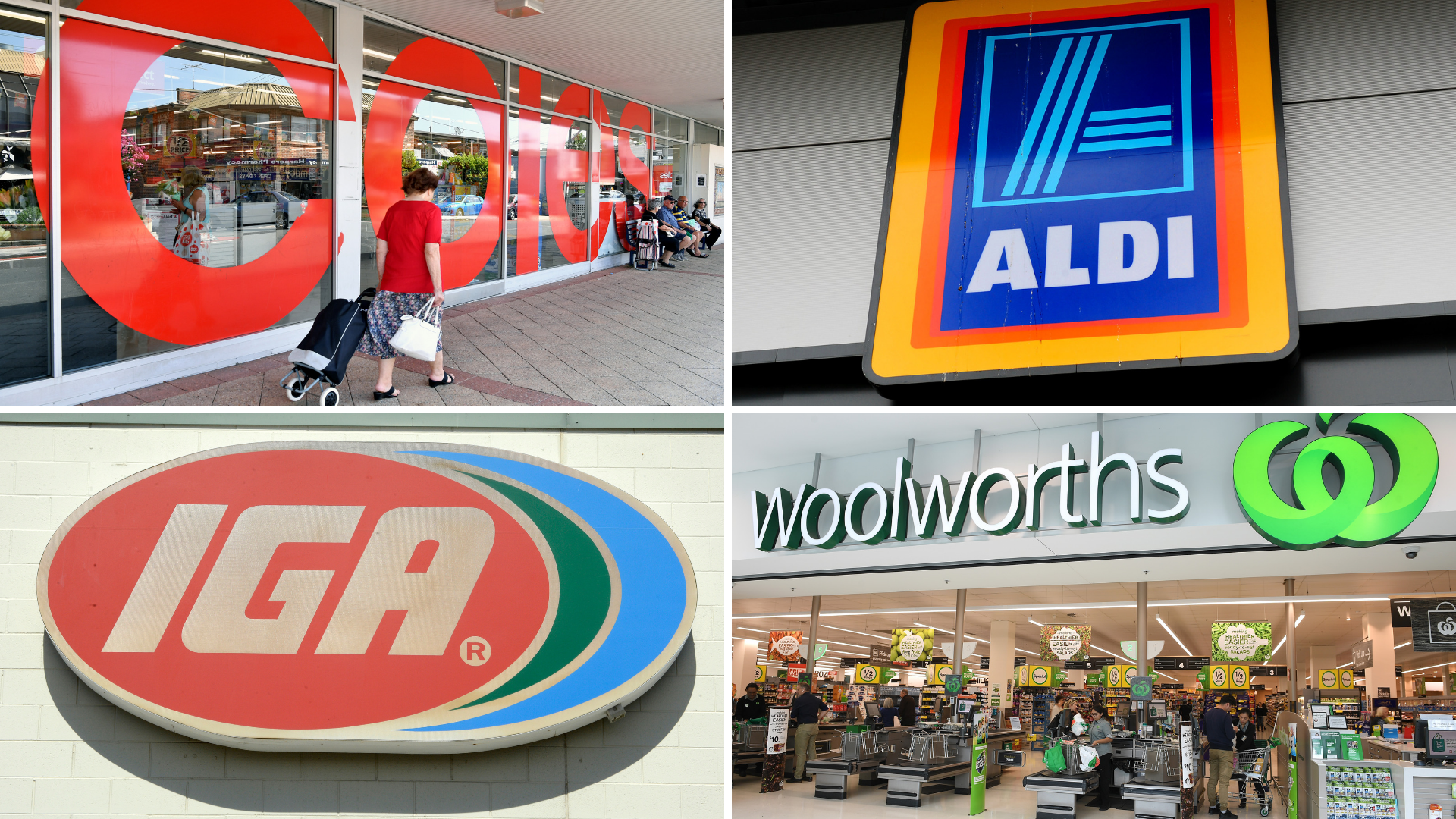Woolworths coles and aldi under fire – Woolworths, Coles, and Aldi, the three grocery giants in Australia, have come under fire recently. This article delves into their market dominance, customer experience, and ethical practices, analyzing the impact on consumer choice, pricing, and reputation.
Their market share and strategies will be examined, along with a comparison of their customer service, product quality, and store ambiance. Additionally, their initiatives in environmental protection, fair trade, and employee welfare will be scrutinized.
Market Dominance and Competition
Woolworths, Coles, and Aldi are the three major grocery retailers in Australia, holding a combined market share of over 80%. This dominance has a significant impact on consumer choice, pricing, and the overall competitiveness of the grocery industry.
One of the key strategies used by these retailers to maintain their market positions is through economies of scale. By purchasing large quantities of goods from suppliers, they can negotiate lower prices and pass on some of these savings to consumers.
This makes it difficult for smaller competitors to compete on price.
Market Share
- Woolworths: 37%
- Coles: 33%
- Aldi: 12%
Impact on Consumer Choice
The dominance of these three retailers can limit consumer choice. They may not stock a wide range of products, particularly from smaller or independent suppliers. This can make it difficult for consumers to find the specific products they are looking for.
Impact on Pricing
The market power of Woolworths, Coles, and Aldi gives them the ability to influence pricing. They can use their size to negotiate favorable terms with suppliers and set prices that may not be competitive with smaller retailers.
Customer Experience and Satisfaction
Customer experience and satisfaction are crucial factors that determine customer loyalty and overall brand perception. In the grocery retail sector, Woolworths, Coles, and Aldi have varying approaches to customer service, product quality, and store ambiance, resulting in distinct customer experiences.
Customer Service
Woolworths and Coles offer a wide range of customer service options, including in-store assistance, online support, and phone lines. Aldi, on the other hand, has a more limited customer service presence, with a focus on self-service and cost efficiency.
Woolworths, Coles, and Aldi have recently come under fire for their business practices. However, it is important to note that Woolworths hours on Anzac Day will vary depending on the location. Despite the recent controversies, these supermarkets remain popular destinations for shoppers seeking groceries and household essentials.
- Woolworths and Coles provide personalized assistance, tailored recommendations, and loyalty programs that enhance customer engagement.
- Aldi’s self-service model allows for faster checkout times but may compromise personalized interactions.
Product Quality
Woolworths and Coles offer a diverse selection of products, including premium and organic options. Aldi focuses on a limited range of high-quality private label products, offering competitive prices.
- Woolworths and Coles cater to a wider range of customer preferences, including specialty diets and gourmet options.
- Aldi’s private label products provide consistent quality at affordable prices, appealing to value-conscious consumers.
Store Ambiance
Woolworths and Coles have spacious stores with well-organized aisles and modern decor. Aldi stores are typically smaller and more streamlined, with a focus on efficiency.
- Woolworths and Coles create a comfortable and inviting shopping experience, encouraging browsing and impulse purchases.
- Aldi’s no-frills approach prioritizes speed and convenience, appealing to customers seeking a quick and efficient shopping experience.
Areas for Improvement, Woolworths coles and aldi under fire
To enhance customer loyalty, all three retailers can consider the following areas for improvement:
- Woolworths and Coles could improve checkout efficiency and reduce wait times during peak hours.
- Aldi could expand its product offerings to include a wider variety of specialty and premium items.
- All three retailers could enhance their online shopping platforms and offer seamless integration with in-store experiences.
Ethical and Sustainability Practices
Woolworths, Coles, and Aldi have made significant efforts to implement ethical and sustainable practices in their operations. These initiatives aim to minimize their environmental impact, promote fair trade, and ensure the well-being of their employees.
Woolworths has established a comprehensive sustainability program that focuses on reducing waste, promoting recycling, and sourcing products from sustainable sources. Coles has implemented a responsible sourcing policy that prioritizes ethical and environmentally friendly practices throughout its supply chain. Aldi has committed to reducing its carbon footprint and using renewable energy sources in its stores.
Environmental Protection
- Woolworths has set a target to become carbon neutral by 2050 and has invested in renewable energy sources such as solar and wind power.
- Coles has reduced its plastic packaging by 20% and has introduced a range of sustainable products made from recycled materials.
- Aldi has committed to reducing its greenhouse gas emissions by 30% by 2025 and has installed energy-efficient refrigeration systems in its stores.
Fair Trade
- Woolworths has partnered with Fairtrade International to ensure that farmers in developing countries receive a fair price for their products.
- Coles has a responsible sourcing policy that includes a commitment to fair labor practices and ethical treatment of workers.
- Aldi has joined the Ethical Trading Initiative, which promotes fair working conditions and human rights in the global supply chain.
Employee Welfare
- Woolworths offers a range of employee benefits, including flexible working arrangements, parental leave, and employee discounts.
- Coles has a strong focus on employee well-being and provides access to counseling services, health screenings, and financial advice.
- Aldi has been recognized for its employee-friendly policies, including a commitment to fair pay and opportunities for career advancement.
These ethical and sustainability practices have had a positive impact on the reputation of Woolworths, Coles, and Aldi. Consumers are increasingly aware of the importance of ethical and sustainable practices, and they are more likely to choose retailers that align with their values.
Woolworths, Coles, and Aldi have faced criticism recently, but it’s worth noting that Woolworths has taken a different approach by opening on Anzac Day. This decision has sparked mixed reactions, as some argue that it shows respect for those who served, while others believe it undermines the significance of the day.
Despite the controversy, Woolworths’ decision highlights the ongoing debate about the role of businesses in commemorating historical events and the need for respectful and inclusive practices.
These initiatives have also helped to reduce the environmental impact of the retailers’ operations and improve the well-being of their employees.
Wrap-Up
In conclusion, the dominance of Woolworths, Coles, and Aldi in the Australian grocery industry has significant implications for consumers and the market. Understanding their strategies, customer experiences, and ethical practices is crucial for informed decision-making and industry regulation.
Clarifying Questions: Woolworths Coles And Aldi Under Fire
What factors contribute to the market dominance of Woolworths, Coles, and Aldi?
Their extensive store networks, private label products, and loyalty programs play a significant role in their market share.
How does their market power impact consumer choice?
It can limit consumer options and influence pricing, potentially reducing competition and innovation.
What initiatives are these retailers taking to enhance customer loyalty?
They are investing in improved customer service, product quality, and store ambiance, as well as offering personalized promotions and loyalty rewards.


